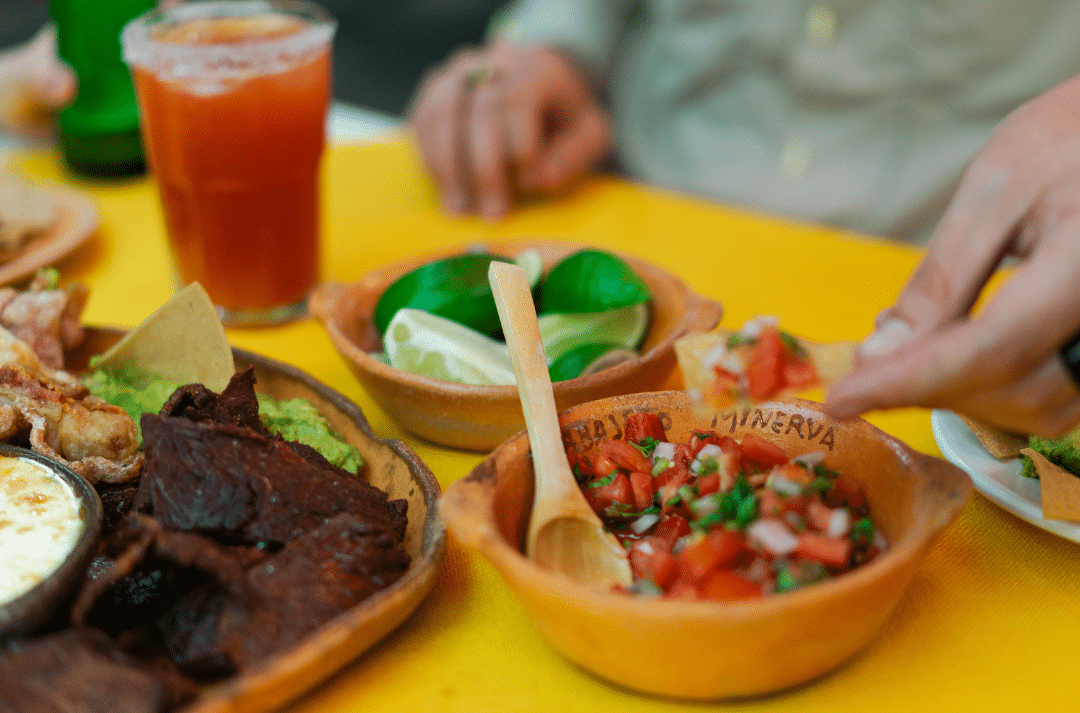Problems with sleep are a common symptom of Parkinson’s.
What you eat can help you get a better night’s sleep.
Here are some top nutrients for sleep:
Melatonin is nature’s sleeping pill.
Certain foods, such as tart cherries, grapes and walnuts, are rich in naturally occurring melatonin.In one study, people who drank cherry juice experienced improvement in their insomnia symptoms. Try having a last snack of the day that includes these plant based options for sleep support.
Calcium is a mineral that supports melatonin production.
Individuals that have a deficiency in calcium can have waking in the middle of the night and interrupted sleep. Some best food sources include sardines, dark leafy greens, green snap peas and okra.
B6 deficiency has been associated with low serotonin and poor sleep.
Some top foods include prunes, flaxseeds, sunflower seeds, pistachios, raw garlic and spinach.
Tryptophan is the reason Thanksgiving turkey makes you sleepy.
This amino acid is converted to the neurotransmitter serotonin and then melatonin. Best sources include (yes turkey!), salmon, apples, pumpkin seeds, broccoli, yogurt and oats.
Magnesium is often referred to as the “sleep mineral.”
This mineral is connected to over 300 biochemical reactions in the body including relaxation of muscles and deactivation of adrenaline to support sleep. It is the most commonly deficient mineral in adults. Magnesium is found in dark, green leafy veggies such as kale, spinach, arugula, collard greens, and rainbow chard. Try almonds, bananas or avocados to boost magnesium intake.
Beverages can also be packed with vitamins and minerals that support sleep.
Some teas include calming botanicals, such as valerian tea, peppermint tea, passionfruit tea and chamomile tea (which increases glycine, a chemical that relaxes nerves and muscles). Try honey with tea as your new night cap!
But watch out for some beverages!
While having an alcoholic drink before bed can induce drowsiness and relaxation it ultimately disrupts deep sleep. Also try to avoid caffeine later in the day to help you fall asleep more easily at night.
“You are what you eat”, applies to both your body and mind. For those managing Parkinson’s disease, sleeping disturbances and insomnia are common. Try incorporating these sleep supportive foods for people with Parkinson’s living inspired lives.
Dr. Bethany Tennant is a Naturopathic Physician & Certified Nutrition Specialist and has been involved with BGF since 2012. Dr. Tennant is passionate about neurodegenerative conditions, natural sports medicine and medical nutrition. She sees patients at 2bwell Clinic in Lake Oswego, OR.
@dr.bethanytennant www.drbethanytennant.com



